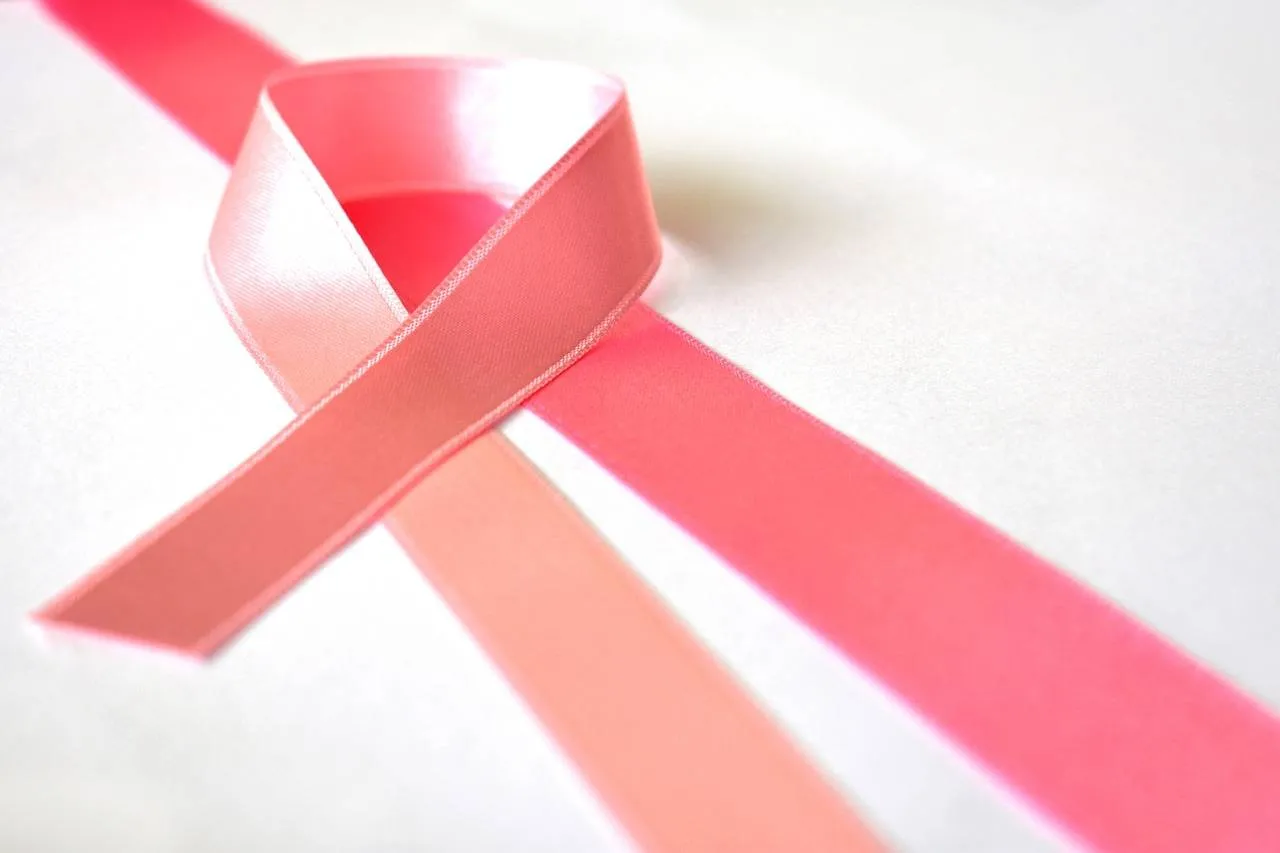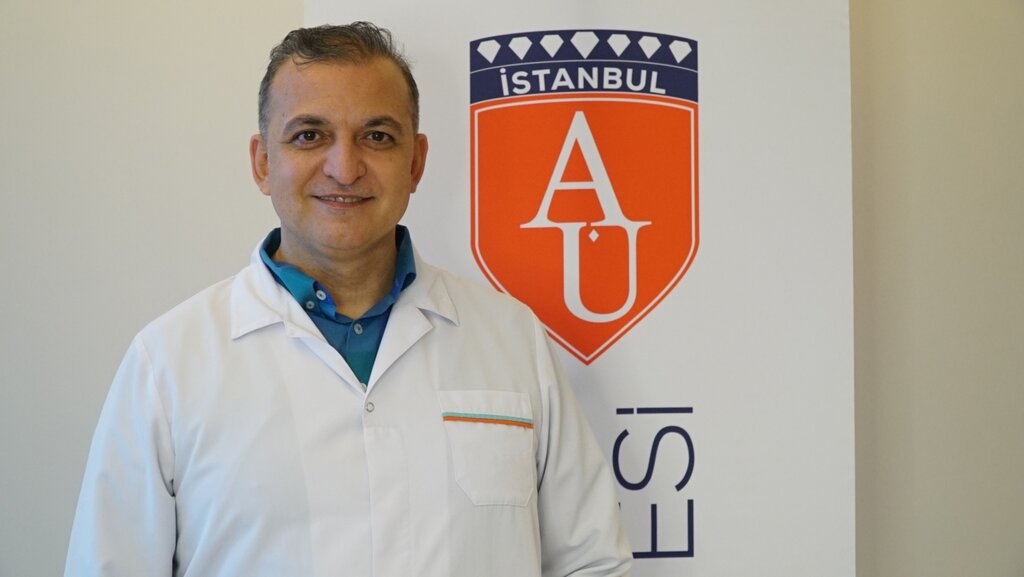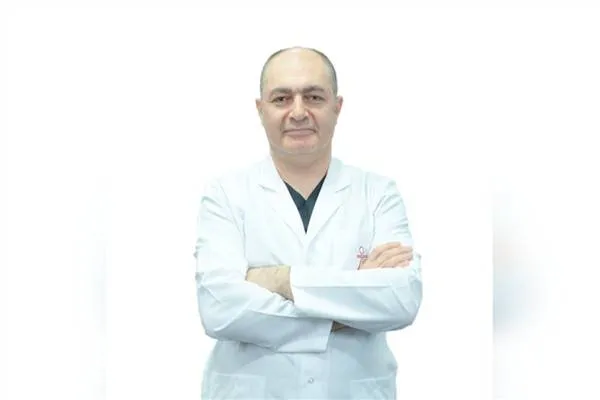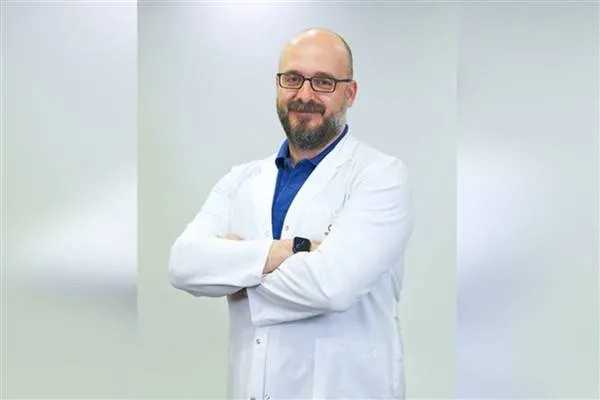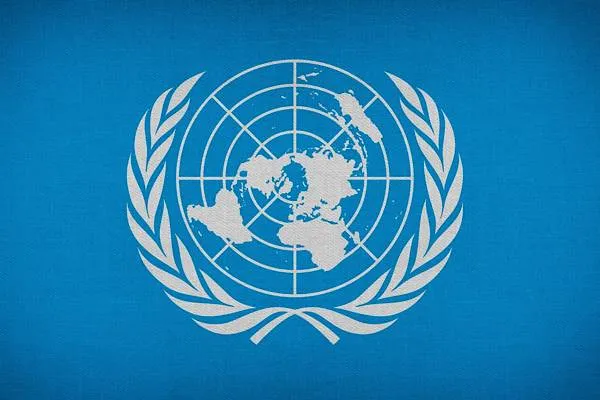2.3 Million Women Worldwide Diagnosed with Breast Cancer
Dr. Hüseyin Akyol, a faculty member at Altınbaş University's Medical Faculty, stated that according to the latest data shared by the World Health Organization for the year 2020, 2.3 million women worldwide have been diagnosed with breast cancer, and he explained ways to prevent breast cancer.
"One in eight women is diagnosed with breast cancer in their lifetime."
Dr. Hüseyin Akyol, a faculty member at Altınbaş University's Medical Faculty, noted that the risk of developing breast cancer is dependent on factors such as advancing age, obesity, alcohol consumption, a family history of breast cancer, exposure to radiation, reproductive history, and tobacco use. According to Dr. Akyol, the burden of breast cancer can be reduced through early diagnosis and treatment without any symptoms.
"Breast cancer may not present symptoms until advanced stages."
Dr. Akyol emphasized that early-stage diagnosis not only increases the success of treatment but also significantly improves the quality of life for the patient. He reminded that in Turkey, according to National Cancer Screening Standards, mammography checks are performed every 2 years for women aged 40-69 without complaints.
"Unhealthy diet and lack of physical activity increase the risk."
Akyol also discussed factors that increase the risk of being diagnosed with breast cancer, stating that physically inactive women are at higher risk. He stressed the importance of unhealthy nutrition, saying, "A diet high in saturated fat and devoid of fruits and vegetables can increase the risk of breast cancer." He conveyed that women with excess weight or obesity issues are also at higher risk compared to those with normal weight.
Dr. Akyol pointed out that some hormone replacement therapy types taken during the menopause period (especially those containing both estrogen and progesterone) can increase the risk of breast cancer if taken for more than five years. He continued: "It is a known fact that some oral contraceptives, i.e., birth control pills, can increase the risk of breast cancer."
Dr. Akyol shared 8 steps for breast cancer prevention:
"Give birth before the age of 30 and breastfeed your children."
Akyol explained that the childbirth and pregnancy processes are directly related to breast cancer and said, "If a woman's first childbirth occurs after the age of 35 or if she has not experienced a long-term pregnancy, the risk of breast cancer is higher. Pregnancy can help mature breast cells, thus providing protection against breast cancer."
Finally, Akyol emphasized that factors like alcohol consumption over the course of life affect the risk of breast cancer and concluded with the simple yet effective recommendations: "Maintain a healthy weight. Exercise regularly. Avoid consuming alcoholic beverages. Eat healthily. Give birth before the age of 30. Breastfeed your children. Discuss other risk-reduction methods with your doctor if there is a family history of breast cancer or if you have inherited changes in the BRCA1 and BRCA2 genes. A healthy lifestyle can help reduce your risk of cancer and increase your chances of survival if you develop it."
British News Agency

